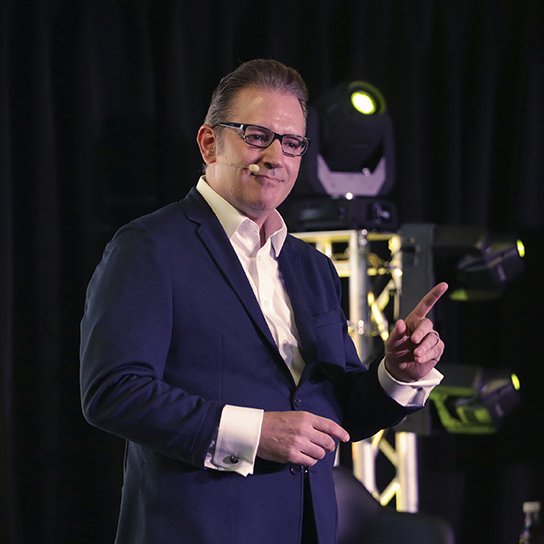Leaders play a critical role in an organization by building trust with their employees. Leaders who are able to build trust can create a positive work environment, foster cooperation and increase productivity. In order to be successful, leaders need to understand what contributes to trust and how they can create an atmosphere of trust within their team.
In this article, we will explore four ways leaders build trust with employees:
- Knowing how to build self-trust
- Understanding why being vulnerable is important
- The important role of empathy in leadership
- Leadership and active listening
How to Build Self-Trust: That’s Where It Begins
To build self-trust you have to gain self-knowledge. What kind of leader are you? Do your trusted employees actually FEEL trusted?
Self-trust is an essential component of leadership identity, as it helps to build trust with others and enables you to take action despite any uncertainty or fear.
To begin building self-trust, it is important to become aware of and understand your own emotions, thoughts, and desires. Setting goals for yourself can also help you to gain trust in your own abilities and instincts. Additionally, adopting a growth mindset can be helpful, as it encourages you to focus on strengthening your weaknesses rather than dwelling on past setbacks or failures.
Ultimately, developing self-trust requires dedication and discipline, but in the end it is well worth the effort. With trust in yourself as a foundation, you can take on challenges with confidence and lead others effectively.
Take this training to discover your leadership identity.
Why Being Vulnerable is Important
Vulnerability in leadership is essential in building trust with employees.
Being vulnerable is an important part of building trust with others. When we allow ourselves to be emotionally open, it conveys a sense of honesty and integrity that draws others in and allows them to feel more connected. This is particularly important for leaders, who need to cultivate strong relationships with their employees in order to build loyalty and encourage collaboration.
By letting down their guard and sharing aspects of themselves that are typically private and guarded, leaders can foster the type of openness and trust that makes it easier for everyone to work together effectively. They can also help their team members recognize how being vulnerable is a necessary part of reaching greater heights as a group, fostering a sense of growth and progress for all involved.
Through these mechanisms, vulnerability becomes not only an effective way for leaders to build trust with their employees, but also an integral part of how they create stronger connections within their organization overall.
Vulnerability is powerful.
The Important Role of Empathy in Leadership
Being vulnerable shows your soft side to those you lead. Empathy helps you see theirs.
Here’s a story that shows what a lack of empathy in leadership can look like.
Father to son (after son got suspended from high school): “You know better than this! Why are you showing up this way?”
Son to father: “Because, Dad, you don't make me feel safe.”
That’s a real interaction shared by Mark Gunn, chief human resources officer at 99 Cents Only Stores, at our recent Leadership In the Age of Personalization Summit.
Gunn said his perspective changed that day, thanks to his son. He realized how important it is to listen to other people's truths.
“From that moment on, I understood that when the human being doesn't feel safe, you're just going to get goofy behaviors out of them,” said Gunn. “So the ability to listen to other people's truths, where they're at in that moment in time, and then being able to accept it, is the critical way to be able to accept people in their own individuality.”
How do we gain empathy? With active listening.
Leadership and Active Listening
You can’t merely listen. Listening implies there’s already something to hear. There would only be something to hear if people feel safe or feel like it’s worth it to speak up. These are people who already feel comfortable speaking up.
But there are plenty of people who are not saying anything. They’ve spoken up in the past and they were ignored, or even ridiculed or mocked, so they don’t even bother anymore. If no one listens anyway, it’s just not worth it.
So it’s our job as leaders to investigate, look for more voices, seek them out. This combines leadership and active listening. People will start to trust leaders they see as looking for—rather than hiding from—different ideas and opinions.
Conclusion
Leaders are always looking for ways to build trust with their employees. However, there is no one-size-fits-all answer to this question. The best way to develop trust depends on the individual and the situation. What works well in one organization may not be effective in another.
That said, there are a few key principles that can help leaders foster trust with their team members. Being vulnerable, showing empathy, and practicing active listening are all important aspects of creating a trusting relationship with employees.
If you want to learn more about these concepts or take a free leadership assessment, please click here.









